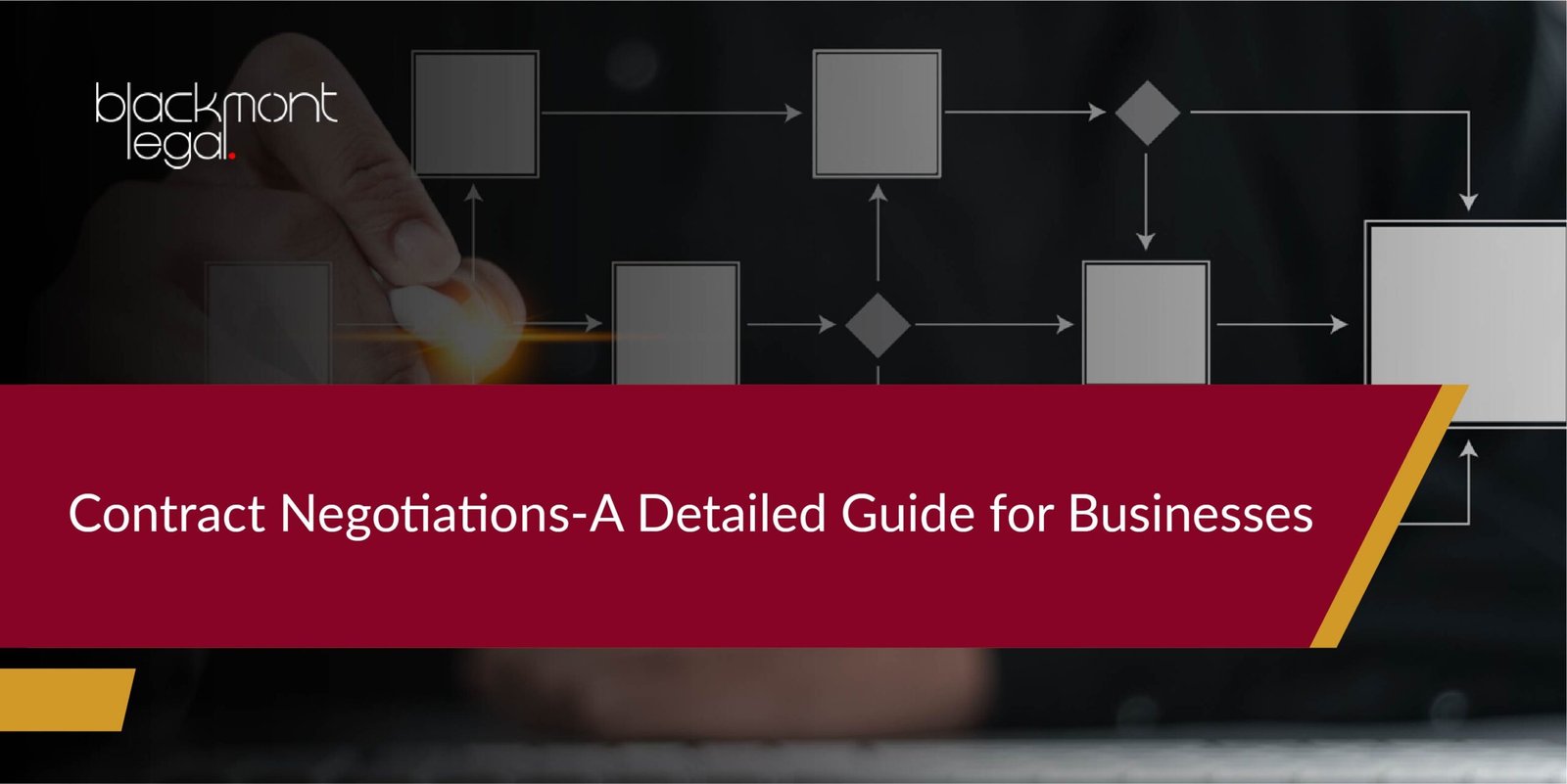Negotiation determines whether a deal creates value or embeds long-term risk. For commercial and corporate lawyers in Manchester, the mission is clear: lock down enforceable terms that protect the client and keep the transaction moving. This guide provides a practical, commercially focused overview rooted in UK law, with examples and sample clauses.
Why deliberate negotiation matters
Good negotiation always delivers three outcomes: it creates commercial value through stronger pricing, service levels, and smarter payment terms; it reduces legal and regulatory risk by tightening liability, compliance, and data protection clauses; and it preserves the relationship so that the contract performs well after signature.
Poor negotiation erodes value, generates disputes, and escalates costs. In practice, most problems trace back to vague scope, weak payment terms, unbalanced indemnities, or sloppy data clauses. Fix those areas, and you will prevent the majority of disputes.
UK legal anchors to keep front-of-mind
English contract law (common law), your baseline framework for commercial contracts.
- Unfair Contract Terms Act 1977, stops you from overreaching on exclusion and liability clauses.
- Consumer Rights Act 2015, locks in non-negotiable terms when the counterparty is a consumer.
- Data Protection Act 2018 & UK GDPR, mandatory for all data-sharing, processing, and security obligations.
- Public Contracts Regulations 2015, if you’re dealing with public procurement, special rules apply.
- Arbitration Act 1996, uses arbitration to cut down on time and cost versus court litigation.
- Electronic signature law (eIDAS and the Electronic Communications Act 2000) confirms validity, provided the method and signer identity are agreed.
A six-step negotiation workflow
- Prepare, know objectives, deal-breakers, BATNA, and client risk appetite. Pull past contracts or Companies House filings for benchmarks.
- Open, lead with your draft or heads of terms. The party that drafts first establishes the initial terms of control.
- Discuss, hit commercial points first: scope, price, timelines, penalties, exit routes.
- Bargain, exchange redlines methodically. Track versions. Stick to your playbook.
- Resolve, when stuck, pull in objective metrics (SLAs, KPIs, benchmarks) or define escalation.
- Close & implement, lock the final version, sign (e-sign if possible), and assign ownership so obligations don’t vanish post-signature.

Practical preparation checklist
Preparation is everything. Before you start, list your six commercial priorities and define your bottom line, the point at which you walk away. Pull up past contracts and market benchmarks so you know where prices, penalties, and SLAs usually land. Map out the counterparty’s likely constraints and who actually makes the decisions, because negotiating with the wrong person wastes time and undermines progress. At the same time, prepare fallback positions and concessions you’re willing to trade, and bring legal counsel early on the heavy hitters like data, IP, and indemnities.
The most-negotiated clauses (and what to ask for)
Certain clauses consistently attract the most contention in negotiation. Scope and SOW must be precise, with deliverables, acceptance tests, KPIs, and change control baked in. Price and payment terms should lock in milestones, interest for late payment, and specify currency in pounds sterling. For high-value projects, escrow may provide additional protection in high-value projects. Duration and termination clauses should balance flexibility with risk, include rights to terminate for convenience and material breach, but calibrate notice periods carefully.
Liability and indemnities are where most disputes arise. Cap liability at a sensible level, often the fees paid in the prior 12 months, but carve out fraud and gross negligence. Keep indemnities proportionate. Confidentiality and data clauses must align with GDPR, including security standards and audit rights. Intellectual property and assignment require clarity on ownership of deliverables, licensing rights, and any restrictions on assignment. Dispute resolution should confirm arbitration or court, governing law (usually English law), and the chosen seat. Force majeure clauses also require attention. They should be narrowly defined with clear notice and mitigation obligations.
Quick UK-friendly clause examples (templates)
Liability cap:
“Subject to clause X (liability for death or personal injury caused by negligence), the Supplier’s aggregate liability to the Customer for all claims arising under or in connection with this Agreement shall not exceed the total fees paid by the Customer to the Supplier under this Agreement in the 12 months preceding the date on which the claim arose.”
Data processing:
“Each party shall comply with the UK GDPR and Data Protection Act 2018. Where Supplier processes personal data on behalf of Customer, the Supplier shall process only on documented instructions, implement appropriate technical and organisational measures, and permit Customer to audit/inspect compliance on reasonable notice.”
Always tailor and run past a solicitor before signing.
Handling power imbalance (small client vs large counterparty)
If you’re the smaller player, focus on objectivity. Anchor your arguments in industry benchmarks, KPIs, or market rates, facts that a larger counterparty cannot disregard. Bundle concessions strategically, for example trading an extended term for adjusted pricing. Protect non-negotiables like liability caps, but show flexibility elsewhere. And escalate to decision-makers early. Large suppliers and public bodies will often accept data-driven requests, even if they won’t budge on style.
Common negotiation mistakes (and fixes)
Many businesses still repeat the same fundamental mistakes. Some negotiate just for the sake of it. The fix is simple: only change what matters, and use a playbook to avoid wasted energy. Others leave legal review to the last minute, which is highly damaging in areas such as GDPR, intellectual property, and indemnities. Counsel should be involved early, not as an afterthought. And then there’s version control, contracts fragmented across uncontrolled email exchanges. The fix: work on a CLM or shared platform, track versions, and record approvals properly.
Short negotiation playbook (three templates)
Commercial-first redline, prioritise scope, price, payment, exit. Legal detail later.
Risk-first redline, cap liability, secure indemnities, data, insurance. Trade on minor commercial points.
Fast-track redline, use pre-approved clauses + executive sign-off for deals under a set threshold.
Final thoughts and next steps
Negotiation is not haggling; it is a repeatable business discipline. With strong preparation, a structured workflow, and the right tools, you cut cycle time and protect value. For Manchester businesses, that means keeping contracts in GBP, rooting them in English law, checking Companies House for context, and engaging legal counsel early on issues such as GDPR and indemnities.

